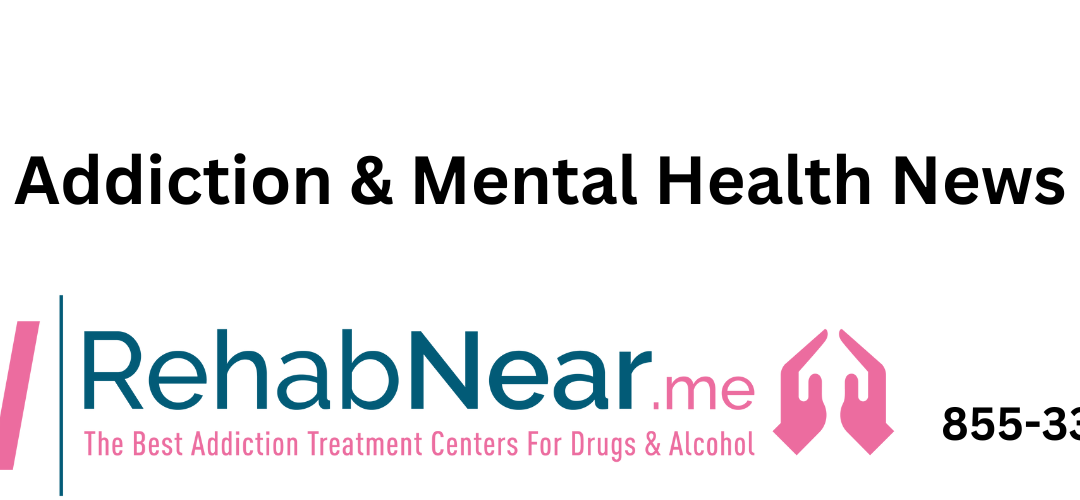An observational study found links between prenatal substance exposure and mental health in children 10–12, but also found that controlling for environment and genetics eliminated many associations.
Qiang Luo and colleagues analyzed longitudinal data from almost 10,000 participants in the Adolescent Brain Cognitive Development cohort, looking for associations of maternal self-report of prenatal exposure to caffeine, alcohol, tobacco, and marijuana with mental health outcomes from age 10 to 12. Although the authors found many associations between prenatal exposure to the substances studied and neurobehavioral problems, many of these associations diminished when the authors controlled for environment and genetics.








